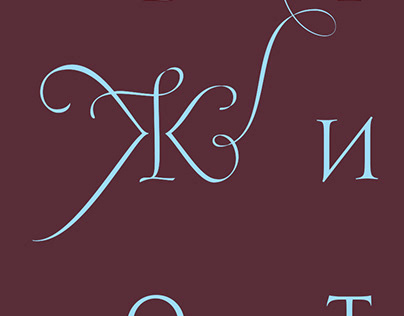


In essence, "The Meaning of Life" is a brief against postmodernism, a movement Eagleton calls "superficially radical" but "secretly in cahoots with a Western ideology for which what matters is the meanings we stamp on the world and others for our own ends." Them's fightin' words in an academic climate where accusing someone of wanting to oppress anyone (let alone the whole world) is the ultimate insult. However much his work may have changed on the surface since then, Eagleton's underlying values remain much the same. These two influences might seem incompatible today, but in the 1970s, when Eagleton was coming up as a working-class boy turned Oxbridge scholar, liberation theology and other exhilarating currents of social change combining faith with socialism were in the air. Although no longer a member of the church, Eagleton retains much respect for religious ideals, a respect that lies behind his recent, scalding review of Richard Dawkins' "The God Delusion" in the London Review of Books. Two primary tributaries feed into the body of Eagleton's thought: Marxism and the tradition of Catholic intellectualism in which he was educated as a boy. It's saucy too it takes cheek to suggest that George W. To be sure, "The Meaning of Life" is also occasionally waspish, condescending and even a little unfair, though always enjoyably so. Eagleton, unsurprisingly, has written an elegant, literate, cogent consideration of a maddeningly slippery topic, one whose conclusions run contrary to conventional wisdom, especially in this country. That's unlikely "The Meaning of Life" intends to challenge its readers - not, like the Frankfurt, to provide them with the opportunity to sneer at other people (because who reads "On Bullshit" thinking it's about them?). Frankfurt's surprise success, "On Bullshit," another slim volume of intellectual nonfiction.

"The Meaning of Life" is more a long essay than a full-length book, and its publishers probably hope it'll hit the same sweet spot as Harry G. If anyone can pull it off, it's probably Eagleton.

He may well be the only writer capable of making some of that stuff comprehensible to the intelligent lay reader, and so the news that he has tackled a bigger problem - the meaning of life - in a book of a mere 185 pages shouldn't raise any eyebrows. The book, "Literary Theory: An Introduction," is reputed to have sold 1 million copies, chiefly on the strength of Eagleton's extraordinarily lucid prose. The British academic Terry Eagleton has the unusual - possibly unique - distinction of having written a bestselling book about late-20th-century literary theory.


 0 kommentar(er)
0 kommentar(er)
